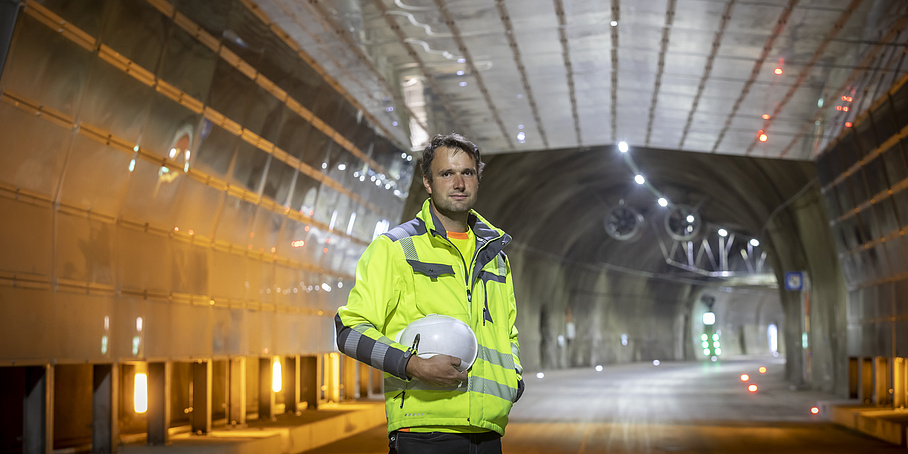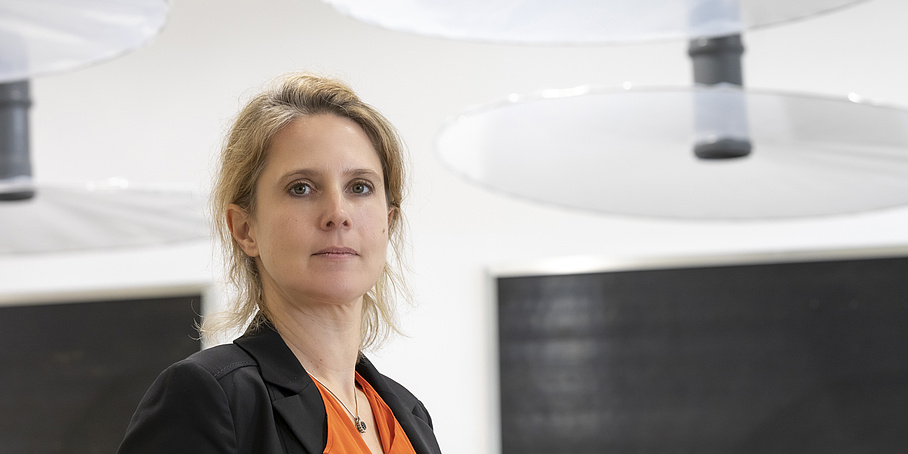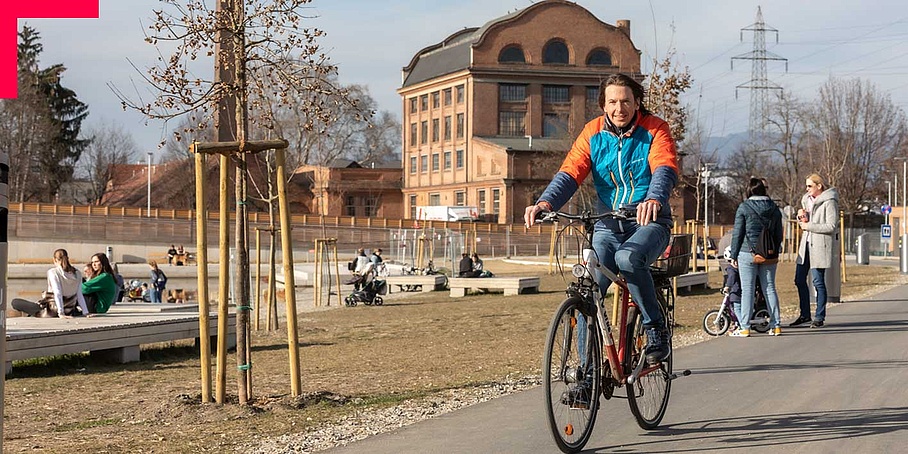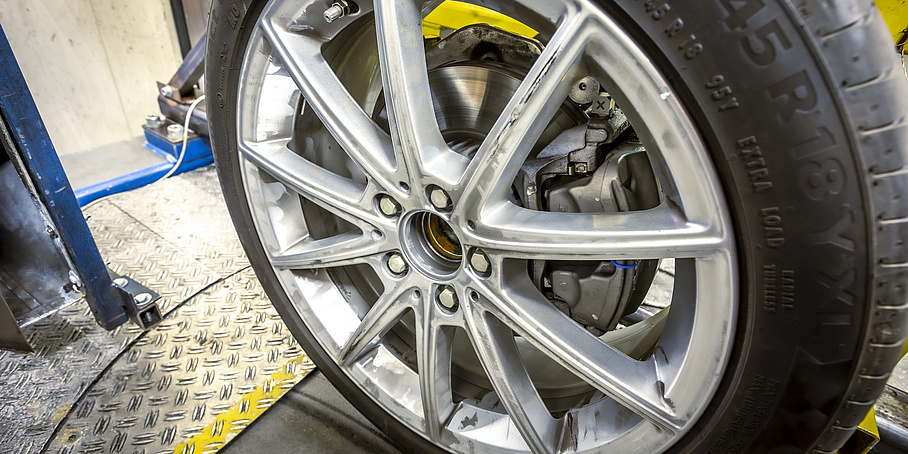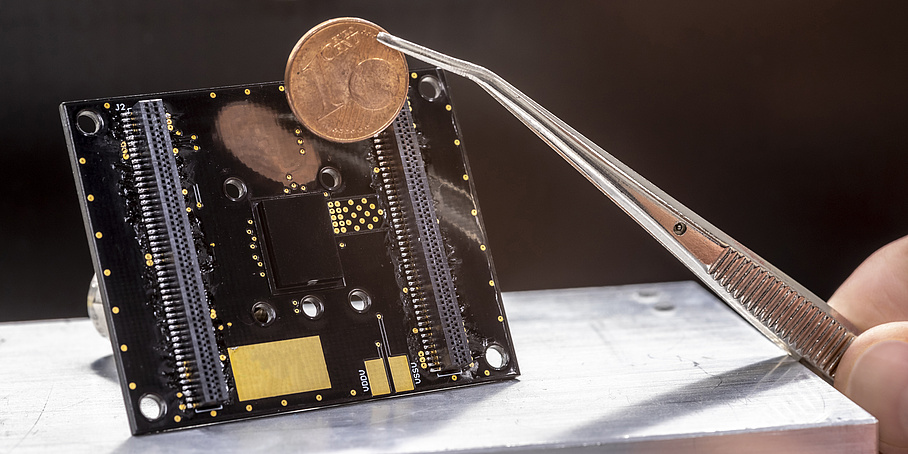Take a deep breath. Inhale. Breathe out. It is obvious that we prefer to do this in the green mountains than next to the busy city street. "Air" is a mixture of gases that can also contain harmful substances. Pollutants in the air - from fine dust to CO2 to volatile organic compounds emitted by plastics, furniture and carpets - are perceived by people as having varying degrees of impact. What is certain, however, is that they can have serious health consequences.
At TU Graz, "pollutants in the air" are a topic in several research areas, as this dossier will show. For example, experts are working on miniaturized fine dust sensors, which in the future will be able to provide us with the most fine-dust-free bicycle route through the city. They are researching indoor air quality, addressing the massively underestimated problem of particulate emissions from vehicle brakes, modeling the dispersion of particles in the air, and have decades of expertise in the ventilation of tunnel systems and underground parking garages.
Play video
What is particulate matter?
Alexander Bergmann is researching sensors that can measure the smallest particles in the air. He explains what particulate matter actually is.
Particulate Matter Measurements for Better Air
Alexander Bergmann and the team at the Institute of Electrical Measurement and Sensor Systems are developing sensors with which they can detect the smallest particles in our ambient air.
„A Tunnel Is Not A Health Resort"
Daniel Fruhwirt from TU Graz explains what causes bad air in tunnels, how fresh air gets into tunnel systems and how “smoke management” enables safe escape routes in the case of fire.
Building Physicist Appeals for Carbon Dioxide Sensors in Public Buildings
What smells and looks “clean” can be a major health risk. Christina Hopfe in an interview on indoor air quality, the connection between CO2 and aerosols and why she thinks of wood stoves when jogging.
A sensor as a pilot
ycling keeps you healthy, but not in heavy traffic. Tomorrow's technology can help us find healthier routes – the world's smallest particulate matter sensor as a navigator.
Brakes as Emitters of Particulate Matter
"We have a problem and nobody knows how big it is," says TU Graz researcher Peter Fischer. But one thing is certain: brakes cause more particulate matter (PM) emissions than internal combustion engines via their exhaust gases. Nevertheless, there is a shortage of basic knowledge and legal regulations.
The smallest particle sensor in the world - made in Graz
A compact and energy-efficient measurement sensor for mobile devices can inform users in real time about the level of particulate matter in the air and warn them in the event of elevated levels.

